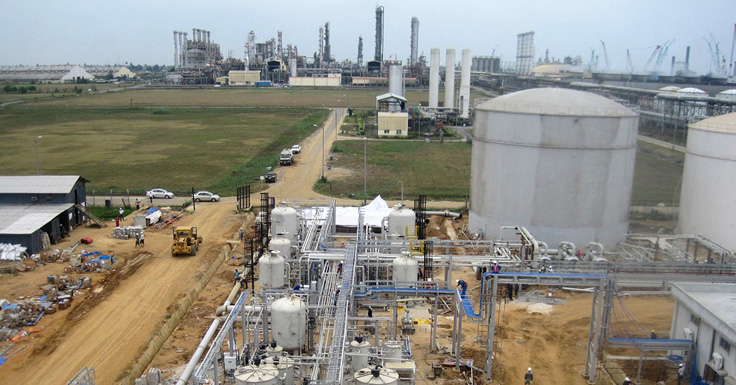The Federal Government has attributed Nigeria’s dominance of Africa’s fertiliser space to the implementation of its policies on domestic production. This is because the country has about 70 fertiliser blending plants with combined capacity for over three million metric tons of NPK fertiliser across the country and production is expected to go up as more private individuals are investing in the industry. Until the advent of the presidential fertiliser initiative (PFI) policy, most of the blending plants were down to less than 10, as some states like Kano have up to 12, Kaduna has more than seven plants, according to information provided by the Fertiliser Producers and Suppliers Association of Nigeria (FEPSAN).
The Director-General of FEPSAN, Mr. Gideon Negedu, said Nigeria no longer imports fertiliser, but is self-sufficient in urea, saying “We are a net supplier and exporter of urea. We produce, we don’t import a single bag of urea into Nigeria, it is banned. So, we have capacity as a country to produce six million tonnes of urea. Dangote’s capacity is about three million, Indorama is about 2.8. Last year alone, Notore, Dangote and Indorama produced about 2.2 million tonnes of urea. We consumed 1.3 of urea in Nigeria”.
Nigerian President, Muhammadu Buhari had expressed delight that the era of persistent shortage of fertiliser in the country was over, commending FEPSAN for partnering with the government in the very patriotic backward integration project of enhancing the agricultural value chain. Buhari said his administration had made effort to limit over-reliance on imports, ensure the availability of the commodity and achieve self-sufficiency in food production in the nation. The Governor, Central Bank of Nigeria (CBN), Mr. Godwin Emefiele noted that fertiliser remained a key input to achieving food security and in realisation of this, the apex bank had continued to place great importance on its availability and accessibility by farmers to improve yield, productivity and output.
The CBN governor revealed that a total of over N114.09bn had been disbursed to support the fertiliser industry in the last five years. According to Emefiele, the CBN was working with main actors in the industry, such as Dangote and Indorama, to ensure that they sell urea at discounted prices to blending plants to ensure that prices of fertiliser were moderated in the market. He said further that the bank had disbursed N941.26bn to 4.2 million smallholder famers cultivating 21 agricultural commodities on 5.4 million hectares of land across the country, adding that for the 2021 wet season programme, the CBN disbursed N193.59bn to 923,699 farmers cultivating seven commodities on 1.16 million hectares of land. According to him, the apex bank currently has a balance of stock of fertiliser from the last planting season under the Anchor Borrowers’ Programme to the tune of 1.95 million bags and had committed additional 2.6 million bags for use during the 2022 programme.



